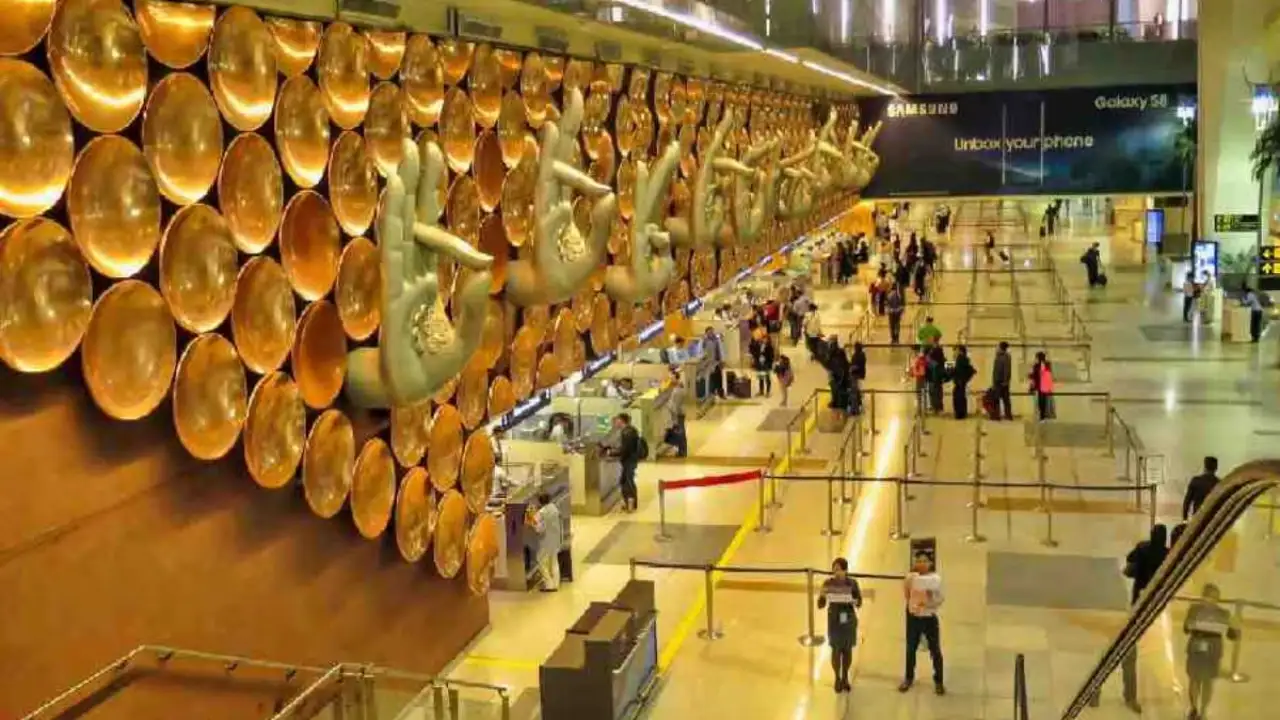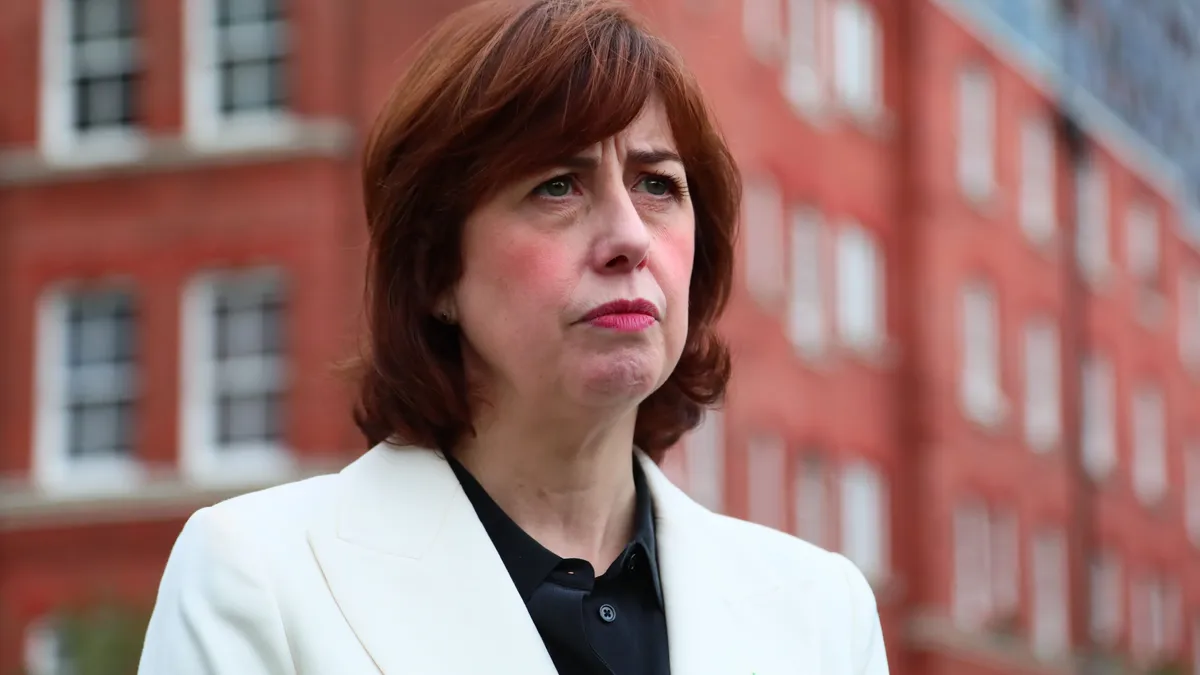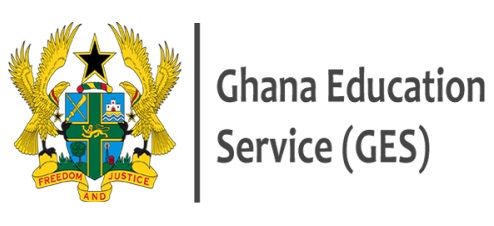Copyright timesnownews

The Future Investment Initiative (FII) Institute unveiled its latest publication, the Global Cities Resilience Index 2025, a study assessing how 31 major global cities are preparing to thrive amid escalating global disruptions, on Monday, which also includes two Indian cities. The report was presented at the launch of the 9th edition of its flagship conference, FII9, in Riyadh. The four-day summit runs from October 27 to 30 under the theme “The Key to Prosperity: Unlocking New Frontiers of Growth.” London has emerged as the world’s most resilient city, followed by Amsterdam, New York, Dubai, and Toronto. The index, which assesses 31 global cities, highlights how urban centres are preparing to thrive amid increasing global disruptions such as climate change, economic volatility, and digital transformation. India's Delhi and Mumbai are also part of the list. What Is The Global Cities Resilience Index The Global Cities Resilience Index (GCRI) evaluates how well 31 major cities are equipped to withstand and thrive amid global disruptions. According to the report, the index evaluates cities across five core dimensions: Institutional Governance, Sustainable Finance, Technology & Innovation, Social & Human Capital and Global Integration. The study stresses that “systemic readiness and diverse local strategies” are vital for building sustainable and resilient urban futures. Delhi And Mumbai Among Global Contenders Although not among the top five, Delhi and Mumbai are featured in the list of 31 cities assessed for their resilience. Their inclusion reflects India’s growing significance in the global urbanisation landscape and the urgent need to address vulnerabilities around governance, infrastructure, and climate adaptation. Cities were scored on the scale of 1-100, with London having a top score of 80.9. Mumbai was placed at 23rd position with a score of 58.7, while Delhi was placed at number 28 with a score of 54.6 in the index. Coordinated Actions Required To Build Resilient Cities The inaugural Global Cities Resilience Index sends a clear warning that cities can no longer remain passive in the face of disruption, as their resilience will shape not only local survival but the broader trajectory of global development. The Index shows that wealth alone does not guarantee resilience. The report highlights that building resilient cities requires coordinated action. Policymakers must move from reactive crisis management to proactive system-building; investors need new financial instruments that support long-term capacity; businesses should strengthen local economies and supply chains through partnerships; and citizens must engage in civic life, hold leaders accountable, and back long-term resilience policies to ensure sustainable, inclusive urban growth. The Global Picture The top 10 most resilient cities in the FII Global Cities Resilience Index 2025 are: LondonAmsterdamNew YorkDubaiTorontoSingaporeParisTokyoLos AngelesStockholmFII9 FII9 will draw global leaders to discuss strategies for inclusive, sustainable growth. Under this year’s theme, “The Key to Prosperity: Unlocking New Frontiers of Growth,” the event aims to bring together the world’s most influential leaders to tackle global challenges and chart pathways toward inclusive, sustainable prosperity. The conference will gather heads of state, CEOs, investors, policymakers, and technology innovators, all focused on actionable strategies to accelerate progress for humanity. About The FII Institute The FII Institute is a global nonprofit organisation with an investment focus, dedicated to advancing its mission of creating a meaningful Impact on Humanity. Operating through its three core pillars—THINK, XCHANGE, and ACT—the Institute drives innovation across areas such as AI and robotics, sustainability, healthcare, and education, turning cutting-edge ideas into practical, scalable solutions that address real-world challenges.



